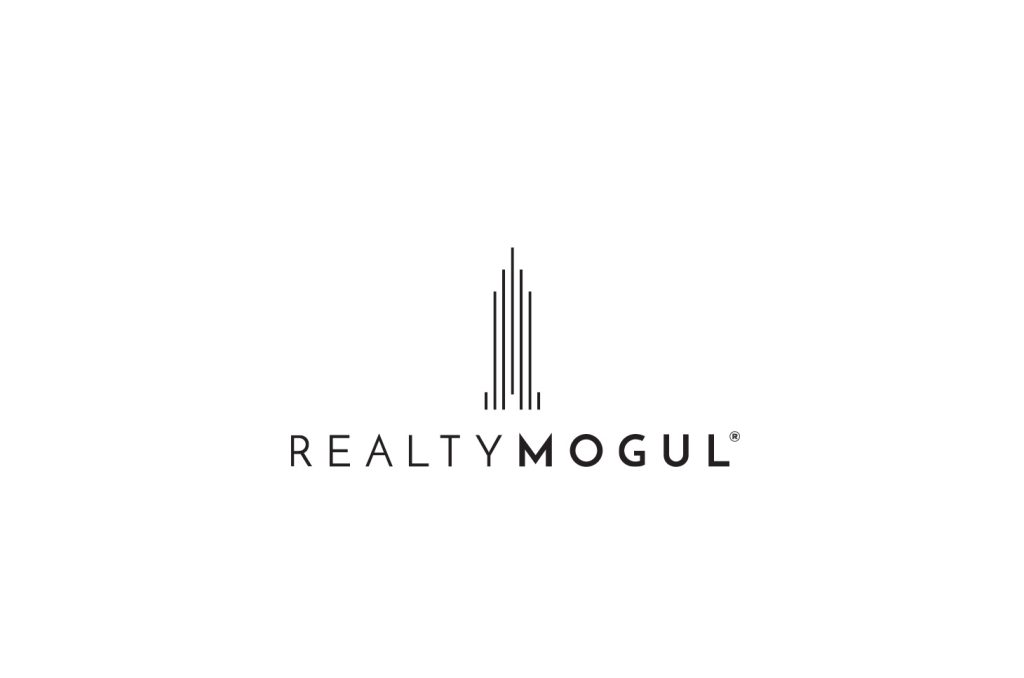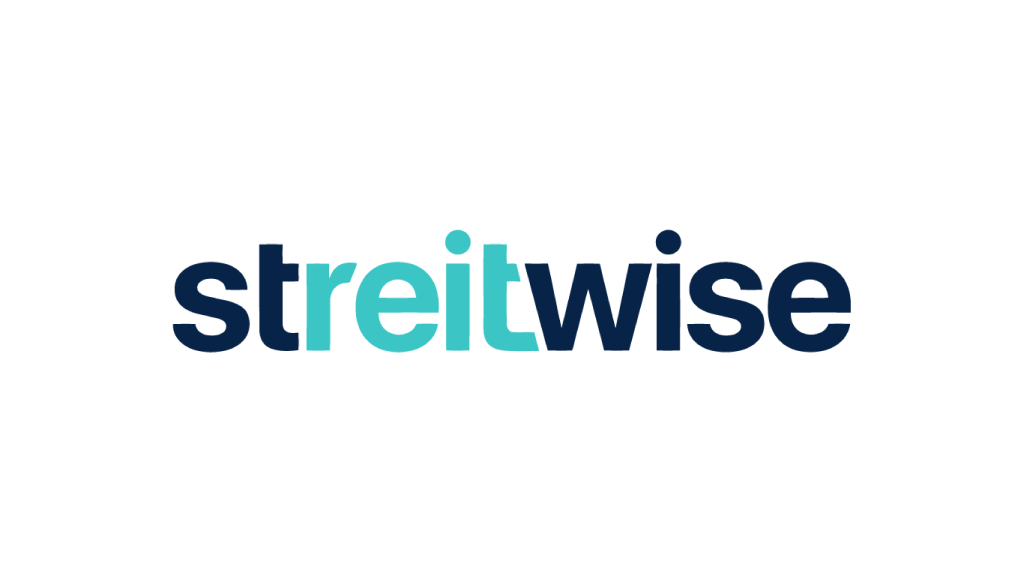Below are some of the best real estate crowdfunding sites for non-accredited investors.

Many real estate crowdfunding platforms are only open to investors who meet a specific net worth or income requirement
Luckily there is hope for the rest of us.
Below I review the 5 best real estate crowdfunding platforms for non-accredited investors.
Accredited vs. Non-Accredited Investor
First, let’s clearly define the difference between an accredited and a non-accredited investor.
Accredited investors meet either the financial criteria or the professional criteria. If you do not meet any of these criteria, you are considered a non-accredited investor and are subject to more investment restrictions.
Financial Criteria
- Net worth over $1 million, excluding your primary residence (individually or with spouse or partner)
- Income over $200,000 (individually) or $300,000 (with spouse or partner) in each of the prior two years and reasonably expects the same for the current year.
Professional Criteria
- Investment professionals in good standing holding the general securities representative license (Series 7), the investment adviser representative license (Series 65), or the private securities offerings representative license (Series 82)
Best Overall: Groundfloor
Groundfloor is an award-winning real estate crowdfunding platform founded in 2012.
Groundfloor enables non-accredited investors to invest in short-term real estate loans starting at just $10, with most loans averaging 6 – 12 months in duration, while most real estate crowdfunding platforms require you to lock up your money for at least 5 years or pay a fee to sell your shares early.
Plus, investors can pick which loans they want to fund, creating a truly diversified real estate portfolio on their terms.
Tehis is why Groundfloor is my number one choice for real estate crowdfunding investing if you are a non-accredited investor.

Minimum Investment: $10
10% average interest
GROUNDFLOOR PROS
- Low Minimum Investment: Groundfloor has a very low minimum investment amount, typically around $10. This makes it highly accessible for people who are just starting to invest or who don’t have a lot of capital to work with.
- Zero Fees For Investors: Borrowers pay fees.
- Short Term Investments: The real estate loans on Groundfloor typically have relatively short terms, usually 6-12 months. This can be beneficial for those who want to see returns more quickly, rather than waiting for years as is typical with some other forms of real estate investing.
- Risk/Return Profile: Groundfloor loans range from A (lowest risk) with yields starting at 5% to G (highest risk) with a yield starting at 15%. There are investment options for investors with all types of risk appetites.
- Greater Control: You can choose the projects you want to fund and how much you want to invest in each project.
GROUNDFLOOR CONS
- Lack of Liquidity: Investments made through Groundfloor are not liquid. Once your money is invested in a loan, it is tied up until the loan term is completed or the borrower pays back the loan
- .Risk of Default: Like any lending platform, there’s always a risk that the borrower may default on their loan, resulting in a loss of your investment.
- Limited Diversification: Groundfloor focuses exclusively on real estate, more specifically on single-family residential home loans for renovation projects. As a result, your portfolio diversification is limited.
- No Secondary Market: Unlike some other lending platforms, Groundfloor does not currently have a secondary market where you can sell your loans if you need to exit the investment early.
Read our full Groundfloor Review
Runner-Up: Fundrise
Fundrise is arguably the most well-known real estate crowdfunding platforms.
They have been around since 2010 and boast over 300,000 investors on the platform. In reality, Fundrise isn’t a true crowdfunding platform like Groundfloor, but they still enable individuals to invest in private real estate through various REITs and Funds.
In addition, Fundrise allows investors to create a customized real estate investing strategy when they open a ‘Core’ account.
Fundrise’s low minimum investment and wide variety of investment options make it a great option for non-accredited investors.

Minimum Investment: $10
Fees: 1%
FUNDRISE PROS
- Strong Track Record: 21 consecutive quarters of returns, averaging 22.99% across all investors in 2021.
- Low Minimum Investment: Open an account with just $10
- History: Most mature crowdfunding platform – founded in 2010
- Customized Recommendations: Real estate portfolio recommendations are created for your risk tolerance.
- Multiple Investment Strategies: Depending on your goal, they offer income generation and capital appreciation.
- Mobile App: Fundrise is one of the few real estate platforms that offer non-accredited investors a mobile app.
FUNDRISE CONS
- Longer Investment Horizon: The investment horizons on Fundrise are typically quite long, often five years or more. If you want to see quicker returns, Fundrise may not be the best choice.
- Lack of Control: While Fundrise’s management of properties can be a pro for some, it could be a con for others who prefer to have direct control over their real estate investments.
- Early Redemption Fees: While Fundrise does offer liquidity options if an investor wants to sell their shares early, there is a 1% early redemption fee if you held your shares less than 5 years.
Read our full Fundrise Review
Best For Passive Income: RealtyMogul

Minimum Investment: $5,000
6 – 8% distribution rate
The RealtyMogul Income REIT (Real Estate Investment Trust) is a public, non-traded REIT. The Realty Mogul Income REIT has made 64 consecutive months of distributions with an annual distribution rate of 6.00%. This is a great investment option for someone looking for purely reliable income generation through real estate investing.
REALTYMOGUL PROS
- Consistent Income: The Income REIT has distributed 67 months of consecutive distributions with an annual distribution rate of 6-8% since its inception in 2016.
- Thorough Due Diligence: RealtyMogul has a rigorous vetting process – to date, only 1.1% of opportunities have been funded.
- Retirement Account Investing: You can invest in a retirement account through a self-directed IRA (SDIRA).
- Diversification: Cash flow from equity and debt investments create diversification across the capital stack.
REALTYMOGUL CONS
- High minimum investment
- Fewer investment opportunities vs competitors
Read our full RealtyMogul Review
Best For Commercial Real Estate: Streitwise

Minimum Investment: $5,000
8-10% distribution rate
STREITWISE PROS
- Same Investment Options For All Investors: Streitwise offers non-accredited and accredited investors the same investment options. Other platforms offer additional investment options or services for accredited investors.
- Own & Operate Real Estate Investments: Most platforms do not own and operate the investments posted on their platforms. They serve as a middleman for real estate developers to raise funding for their projects. This can create a misalignment between investors and the company.
- Transparent Fee Structure: Streitwise is upfront about its fee structure. There are no hidden fees buried in its offering documents.
- Over $5 million skin-in-the-game: The founders invested over $5 million of their own money with Streitwise. This means there is a shared alignment between investors and shareholders.
- Modest Leverage: Streitwise only borrows 51% to fund its current project. Modest leverage reduces risk and maximizes returns.
- Dividend Yield: 8 – 10% quarterly dividend since 2017
STREITWISE CONS
- Illiquidity: Like many real estate investments, investments made through Streitwise are not highly liquid. Although they offer a redemption plan, it’s limited and comes with early redemption penalties within the first five years.
- Limited Investment Options: Streitwise primarily focuses on office properties, which may not suit investors looking for a more diversified real estate portfolio.
- Minimum Investment: There is a relatively high minimum investment required to start, which could be a barrier for some investors.
A Note About Fees: Many real estate crowdfunding platforms advertise a fee between 1% – 2%, but there are often additional fees buried in their offering circulars that are not widely publicized.
Read our full Streitwise Review
Best For A Set-It And Forget It Approach: DiversyFund

Minimum Investment: $500
DIVERSYFUND PROS
- Focused Value-Add Investment Strategy. The fund only focuses solely on a value-add investment strategy that targets an IRR of 10% – 20%. This means they acquire and renovate properties in order to increase value. Given that they only manage 1 type of strategy this allows the company to become experts at value-add strategies, which in the long run will be beneficial for their investors.
- Preferred EquityReturns. Investors are given preference relative to common equity investors as it relates to cash flow distribution.
- Skin-in-the-Game: This means the fund managers (DiversyFund) also invested their own money into the investments offered to its clients. This shows that the sponsor has a vested interest in making the deals profitable as they stand to make or lose money too.
- Own and manage all their properties: Manages the entire process in-house. For some investors, this can provide peace of mind.
DIVERSYFUND CONS
- Complicated Fee Structure: DiversyFund takes a 2% asset management fee, but they also take a performance fee of 7% on the profits, which could eat into your returns.
- No Dividend Payments: While many REITs offer regular dividend payments, DiversyFund does not. The return on investment comes from the appreciation of the properties in the portfolio when they are eventually sold.
- Illiquidity: . They do not offer a secondary market to sell your shares, and the investment is not meant to be short-term.
Read our full Diversyfund Review
The Bottom Line
For non-accredited investors interested in real estate crowdfunding, there is a wide range of options and features with varying minimum investments.
What matters is what are you looking for in your real estate crowdfunding experience. Some individuals like at perks and features of Fundrise, while others want a focused investment strategy like DiversyFund, while others may not want to lock up their money for 5 years.

